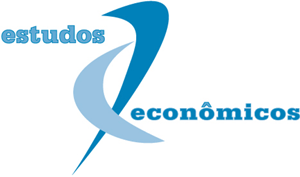Abstract
An intriguing question to economists is to explain why some nations grow more than others. In addition to the traditional growth models, which consider labor, fixed capital, and human capital, there are complementary formulations that include cultural factors to analyze this relationship, with religion being one of the variables that most influence individuals since it offers a way of life conduct and daily habits practiced by the faithful. In Brazil, the transformations occurring in the religious field, from 1980 to 2010, where the proportion of the Protestant Christian population increased by 15.55 percentage points, while the proportion of the Catholic population declined by approximately 24.10. Thus, this study aimed to verify if a higher proportion of Traditional and Pentecostal Protestants has a positive relationship with the per capita income of the Brazilian municipalities, besides empirically testing the importance of the variables fixed capital and human capital. For this purpose, the panel regression was used, based on the Demographic Census microdata. The results show that the expansion of traditional and Pentecostal Protestantism contributed positively to increasing the country's income level. In this way, the work brought light to the importance of the economy of religion in issues related to economic growth.
Keywords
Growth; Behavior; Human nature; Capitalism; Brazil

 Fonte: Elaborado pelos autores a partir dos dados do
Fonte: Elaborado pelos autores a partir dos dados do  Fonte: Elaborado pelos autores a partir dos dados do IBGE e IPEA (2018).
Fonte: Elaborado pelos autores a partir dos dados do IBGE e IPEA (2018).